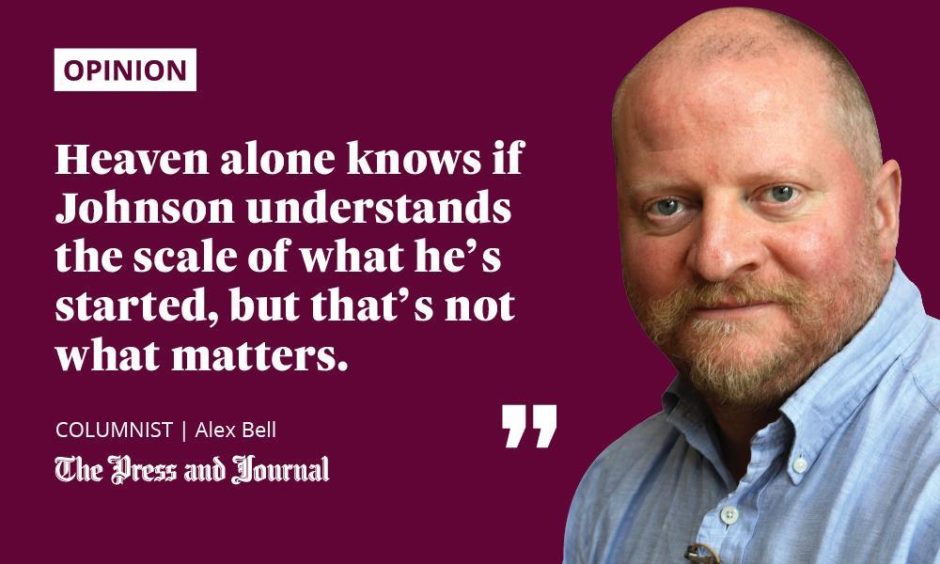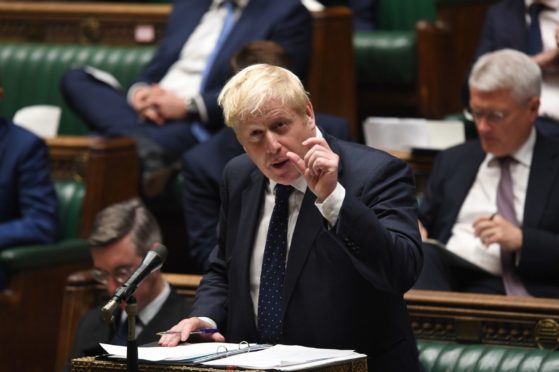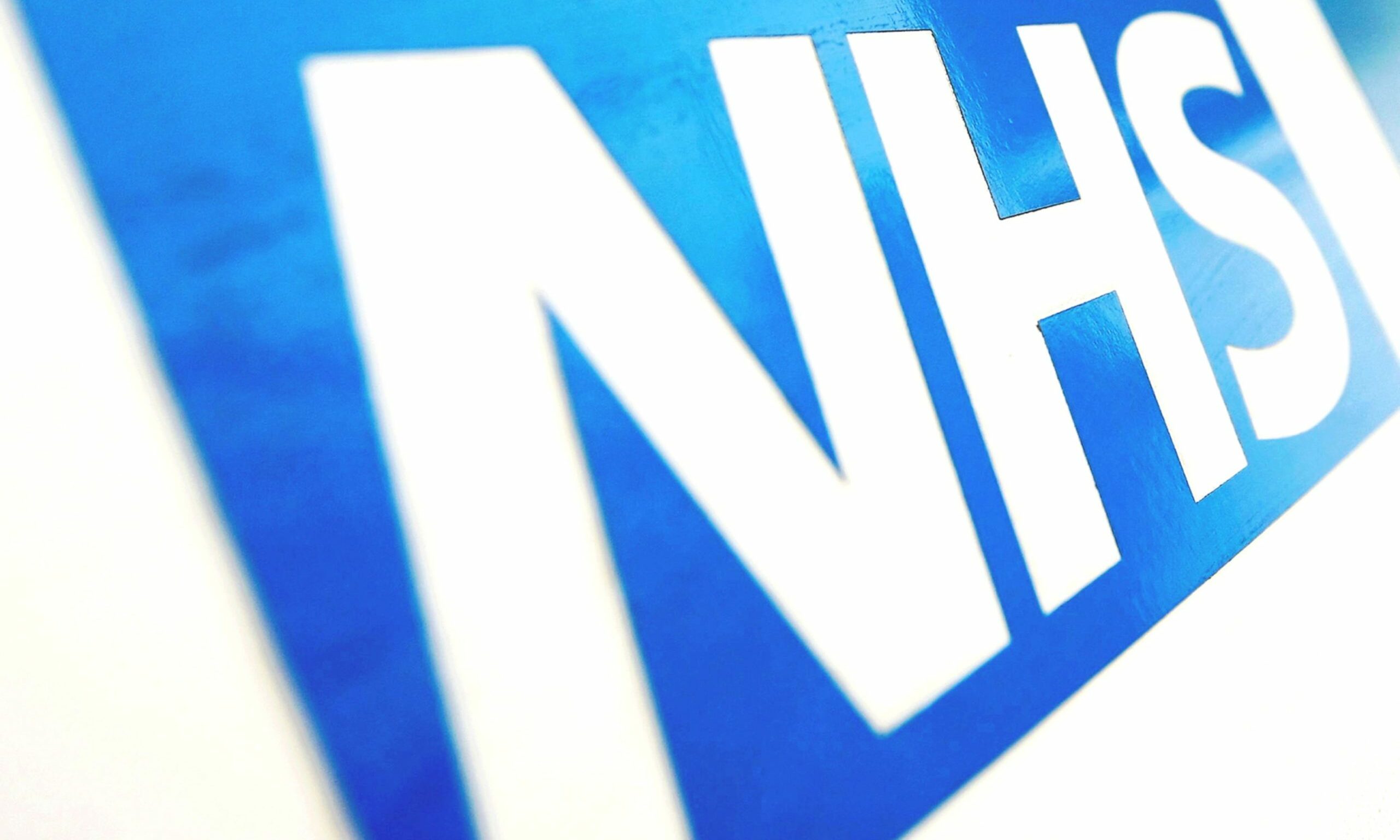Yesterday’s headlines were united in attacking the Boris Johnson’s care plan.
The right wing titles were outraged at the highest tax rates since 1945. The left at the incoherence of his national care service plans.
Such consensus is rare. It will also be proved wrong.
In so doing, he has torn up the central promise of the Tories – no new taxes. That’s significant enough.
But he has also scrapped the second principle of conservatism by making the state bigger.
Tunbridge Wells could not be more disgusted.

The left is scandalised by the sneakiness of Boris Johnson’s care plans.
The new tax will hit the young and low paid most while wealthy white collar earners will have the value of their house protected, so the kids can inherit.
It isn’t fair, they say, and it’s not.
Johnson has expanded the state into the one area that threatened middle class wealth.
He has begun to remove the threat of losing your home to pay for care.
That is a benefit the dependable voters of Tunbridge Wells will appreciate.
At the same time he has supported the NHS and pledged to provide more for everyone from the beloved institution.
That’s going to play well across the land.
No Prime Minister ever suffered from “saving the NHS”, to borrow from the New Labour slogan.
Bold move and no going back on it
Boris Johnson’s care plans are pure Johnsonian: rushed, ill-developed and heavier on sentiment than detail.
The money may not be enough. The delivery will prove really tricky.
And the whole thing might be half-cocked for years to come.
Yet it is still good.
The hardest thing in politics is often to get a problem recognised in the first place.
For decades prime ministers have known that care is the missing piece in the welfare state.
Central government provides a vast range of benefits and support but leaves caring provision to local government and the private sector.
There is not a person who doesn’t want to recover, or decline, at home with decent help.
This results in bureaucratic confusion, variable quality and a lottery for those who can’t pay high fees for private care.
It is unfair, plain and simple.
It is also morally wrong.
There is not a person who doesn’t want to recover, or decline, at home with decent help.
The solution of a state organised system working in step with the NHS has long been discussed, but rejected as too big, too bold by a series of Tory and Labour governments.
Well, it’s been accepted now, and by a Tory.
There can be no going back.
Now for the detail – and the cost
The British public won’t stand for the NHS being attacked, and to reverse the national care service plan would smack of just that.
Voters may not like the tax hike, or the incoherence of Boris Johnson’s care plans, but they’ll love the idea.
The government is going to look after our care, just as it looks after our health, education and pensions.
In principle alone, it is a major advance.
The discussion is no longer should we have a national care service, but how is it run and who pays.
Johnson’s wheeze is to bury the cost in people’s salary statements.
Amid the deductions for national insurance and tax, along comes another category to swipe money from take-home pay.
The gamble, as such, is that soon people won’t notice it and anyway, few taxpayers object to helping the NHS.
It is a pretty safe bet.
His cynical manoeuvre is to disguise what is in effect a double benefit for the middle class.
Not only do they get state provided care but it’s at no threat to their property wealth.
He’s obscured this behind cuts to universal credit and the suspension of the pension triple lock – a deliberately confusing set of actions which allows no one group to feel exceptionally targeted.
Though let’s be clear – retired white collar workers are the clear winners.
This is a new political battleground
It will be for opposition parties to offer alternative ways of paying for the expanded state.
An increase in property taxes and a reduction in pension allowances would be start.
The most obvious would be to revisit inheritance tax.
It is scandalous that people complain of tax while effortlessly amassing wealth from a property market that magically makes them millionaires.
There is a great opportunity for Labour in accepting the new plans in principle while attacking the structure and funding.
Once begun, we shall in time be better cared for and, with competent opposition, be focused on the fairness of the tax system.
Politics refocuses from Brexit back to the question of how effective is government and who pays.
So yes this is incoherent, opportunistic and ill-prepared but it is also irreversible.
No UK government will be able to retract the promise of a bigger welfare state providing care.
Heaven alone knows if Johnson understands the scale of what he’s started, but that’s not what matters.
Once begun, we shall in time be better cared for and, with competent opposition, be focused on the fairness of the tax system.
On balance, that’s good news.

